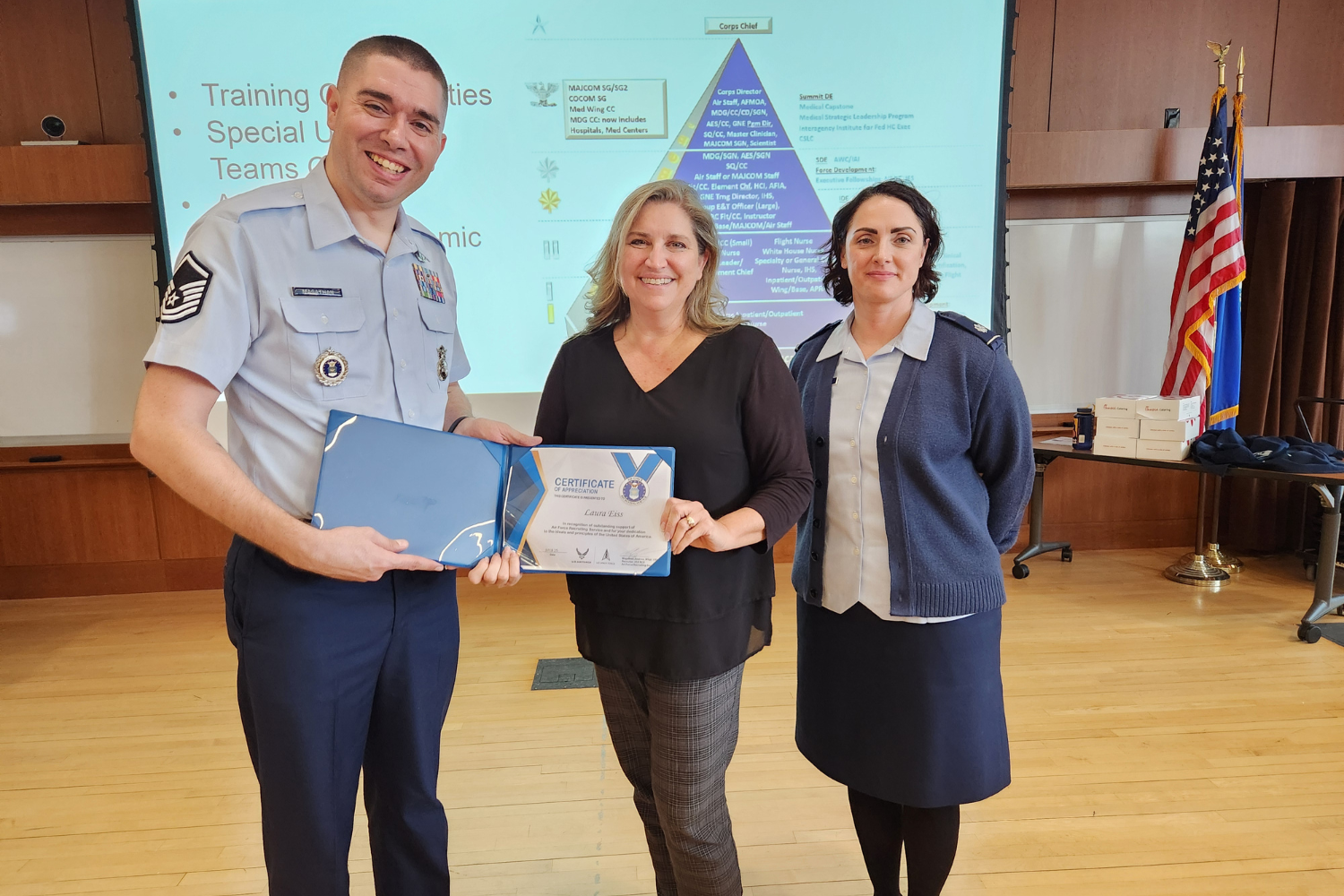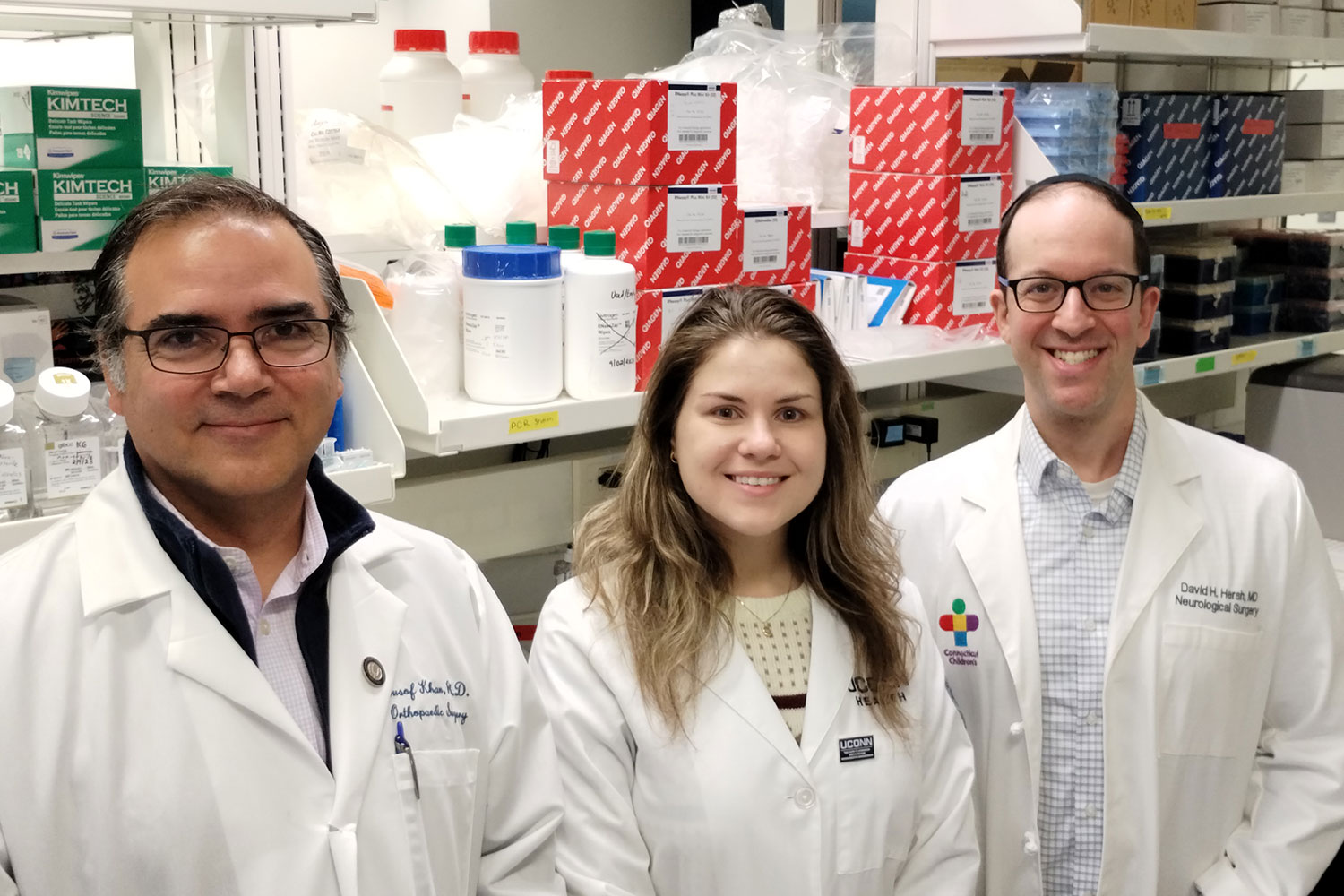
By: Mike Enright, UConn Communications
UConn’s Office of Undergraduate Research each year provides Summer Undergraduate Research Fund (SURF) awards to support full-time undergraduate students in summer research or creative projects.
SURF awards are available to students in all majors at all UConn campuses. The students’ project proposals are reviewed by a faculty committee representing various schools and colleges, and SURF award recipients are chosen through a competitive process. Each SURF award winner is supervised by a UConn faculty member.
This summer, UConn Today will take a look at various SURF scholars and their work.
Name: Ian Sands
Year: Rising Senior
Major: Biomedical Engineering
Summer research project: Sands is researching nanoparticle drug delivery for the treatment of osteoarthritis in knee joints, and trying to reduce inflammation in the knee in order to stop the progression of cartilage deterioration. His faculty mentor is associate professor Yupeng Chen in the biomedical engineering department.
Sands, a native of West Newbury, Massachusetts, will continue research in the 2019-20 academic year as part of the UConn IDEA grant program, which awards funding to support student-designed and student-led projects. For his IDEA grant, he will work on penetrating neurons into microglial cells in the brain.
Why did you decide to apply for a SURF grant?
During my freshman and sophomore year, I took the standard engineering classes that most biomedical engineering students have to go through. However, a lot of my friends were pretty heavily research-driven and I always wanted to get into a specific lab that was geared towards my interest and my future career paths, which would be research in private industry or academia. I figured that instead of spending one of my summers working a typical summer job, I would see what opportunities UConn has to offer, and the SURF grant stood out as the number one option.
I applied for a SURF grant and an IDEA grant at same time, and got both of them in tandem. They are very similar in terms of their research goals and outcomes.


